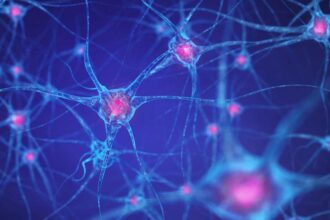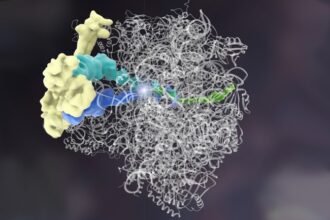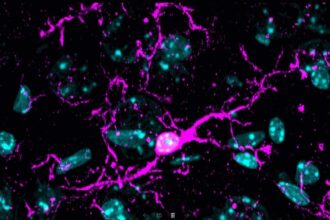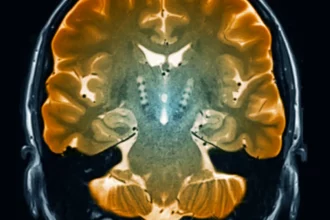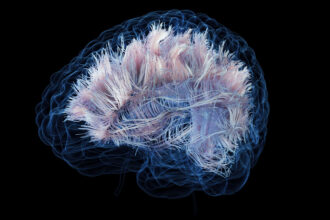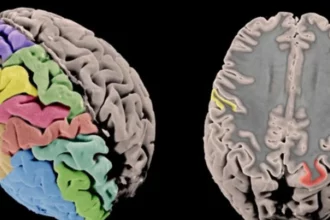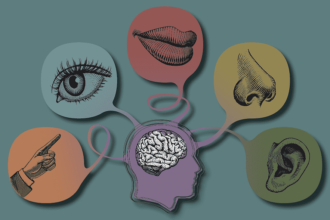How video gaming paved the way for new insights in neuroscience
The research was published in the journal Nature Communications.
Study suggests semaglutide may reduce alcohol intake and relapse-like drinking
The study's findings were published in the peer-reviewed journal eBioMedicine.
Cognitive disorders may develop due to molecular overreaction to ribosome stalling
The Proceedings of the National Academy of Sciences is where the research is published.
Researchers have uncovered hints as to why immune cells appear to cause brain damage
The report can be read in the journal Molecular Neurodegeneration.
Researchers use AI to generate video from brain activity
There is a copy of the study available on the public arXiv preprint server.
People are more creative upon awakening from the earliest stage of sleep: new study
The study appeared in Scientific Reports.
Memory loss associated with Alzheimer’s may be mitigated through deep sleep
Participants completed a memory task involving name-to-face association after getting some shut-eye.
New research finds specific strains of Desulfovibrio bacteria may cause Parkinson’s disease
The research was published in Frontiers in Cellular and Infection Microbiology.
Study finds the brains of patients who regained their sight undergo anatomical changes
The results provide more evidence that the window of brain plasticity is much wider than previously believed.
Study explores the importance of octopamine in neurodegeneration
Researchers from Northwestern Medicine have uncovered how octopamine communicates with other cells in mammalian brains to prevent cell death.
Gray matter volume is associated with language impairment in autistic individuals
The study's results have been published in a paper in the journal Scientific Reports.
New research explores how humans struggle to distinguish imagination from reality
Participants were asked to imagine a stimulus and then rate how well they could see it in their minds' eye.

